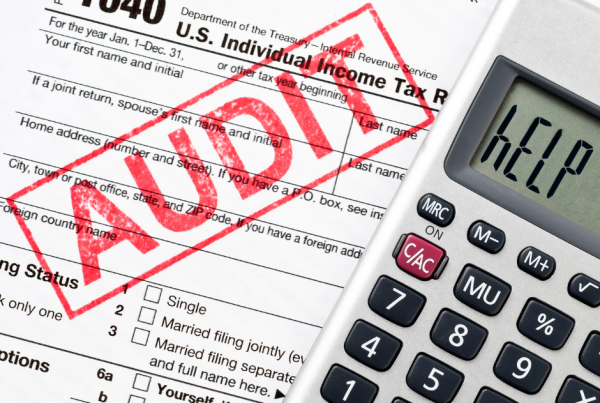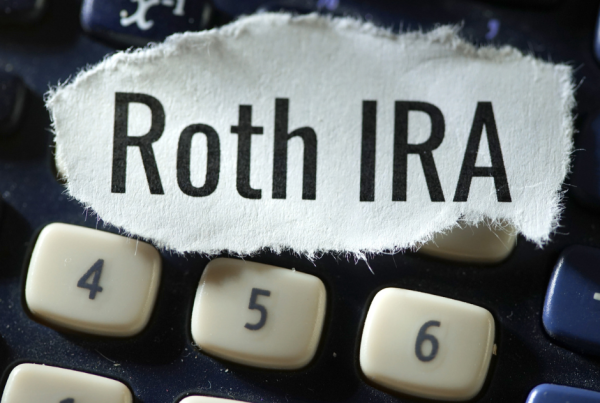
When dining out at a restaurant in the United States, many people are familiar with the basic costs they can expect to incur, such as the price of the food and beverages they order. However, there are several hidden expenses that can catch customers off guard and potentially increase the overall cost of their dining experience. These hidden expenses can vary from restaurant to restaurant and may not always be clearly communicated to patrons. In this discussion, we will explore some common hidden expenses in restaurants across the United States, shedding light on these additional costs that customers should be aware of. But what are these hidden expenses?
There are various hidden expenses for restaurants. Everything from employees, inventory, start-up costs, and more.
- Employees
The first item here is employees. If you have employees, you will have wages as an expense on your income statement. I recommend you distinguish between an hourly employee vs. a salary employee. You should also separate the officer’s salary from the rest. It is important to do this because the more items you separate, the more data you can base decisions on. Employee expenses are typically among the largest expenses of a restaurant.
- Inventory
Secondly is inventory – the cost of goods sold. It could be ingredients or any item related to what the restaurant sells that is consumable. This is another necessary expense that restaurant owners miss. However, not all restaurants are required to keep track of inventory. Though it is necessary to monitor how the items in your inventory move at intervals – weekly, monthly, quarterly, etc. with this, you can determine the worth of your inventory and if any item is missing or was lost to spoilage.
- Startup Cost
This one is particular to restaurants that just opened. For restaurant owners, and any business in general, that just started operating, there is a startup cost, and this cost cannot be deducted before the restaurant begins operation. For example, suppose I open a restaurant in December 2022 and the startup cost is $100,000, but I don’t start operating the restaurant till January 2023. In that case, all the expenses accumulated must be capitalized. The startup cost cannot be deducted entirely unless you qualify for the exception.
- Depreciation
Restaurant owners usually forget about depreciation. If you own a building, you can depreciate it. It is a commercial building and can be depreciated over 39 years. You can also depreciate furniture, bars, lighting, utensils, electronics, and much more. You must properly classify certain items as assets rather than expensing them in the first year before classifying them. You may arrive at the same thing, but it is different with the IRS. They are particular about correctly classifying these items, as it can affect the tax returns on other items. Improvements to the building you rent can also be capitalized to amortize over time.
- Vehicle Expenses
Many restaurants these days are using vehicles for delivery services. This is something I recommend because it can increase your deduction through auto expenses and can also be depreciated. Vehicle expenses should be accounted for – the milage, gas, repairs, and interest expenses related to the purchase. You can also write off the amount you pay your delivery driver.
- Business License
In most cases, if not all, states or counties authorize a food establishment to serve food, beverages, alcohol, etc., with a permit or license. All of these are deductible.
- Business Liability Insurance
As a restaurant or business owner, it is essential you get liability insurance. Insurance is important because you want to be protected (insured) if something goes wrong. Maybe a customer got sick from eating food they bought at your restaurant, which may not have entirely been your fault; you want to be sure you are insured against this. You will also need insurance if an employee gets injured while on the job. The amount you pay on this insurance should be accounted for and they are deductible.
- Business Property Insurance
Similar to what we have above, if you own a building, the insurance you pay on that building is deductible. Taxes on real estate and your employees are also deductible.
- Technology Cost
If you develop a POS system (Point of Service), it can be classified as technology cost and can qualify for the research and development tax credit. Be it a cash register, phone system, network system and the like, fall under technology cost, which is deductible.
- Cleaning
Cleaning supplies, restaurant supplies, paper towels, office supplies and other miscellaneous supplies are deductible, especially if you have a bathroom, as most restaurants are required to. Laundry costs are also deductible. Aprons, tablecloths, and napkins all fall under laundry and should be deducted.
- Marketing Cost
These could be TV ads, online ads, paper ads, and advertisements in general are also deductible.
- Utilities
Water, internet, cable, electricity, gas and the like also goes into your expenses and are deductible. Many restaurants forget about these, especially if they are obligated to pay, meaning they are renting and not the landlord. Furthermore, contracted labor, like hiring someone to clean the vents, scrub the carpet or do repairs on your assets, are expenses you want to account for as they are deductible.
These are the expenses that restaurant owners make and, most times, intentionally or accidentally overlook. If you are paying for these expenses, you must record them properly, as you can utilize them for your tax return at the end of the year.




